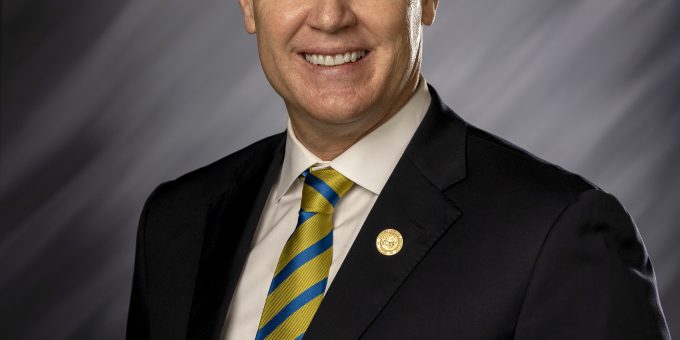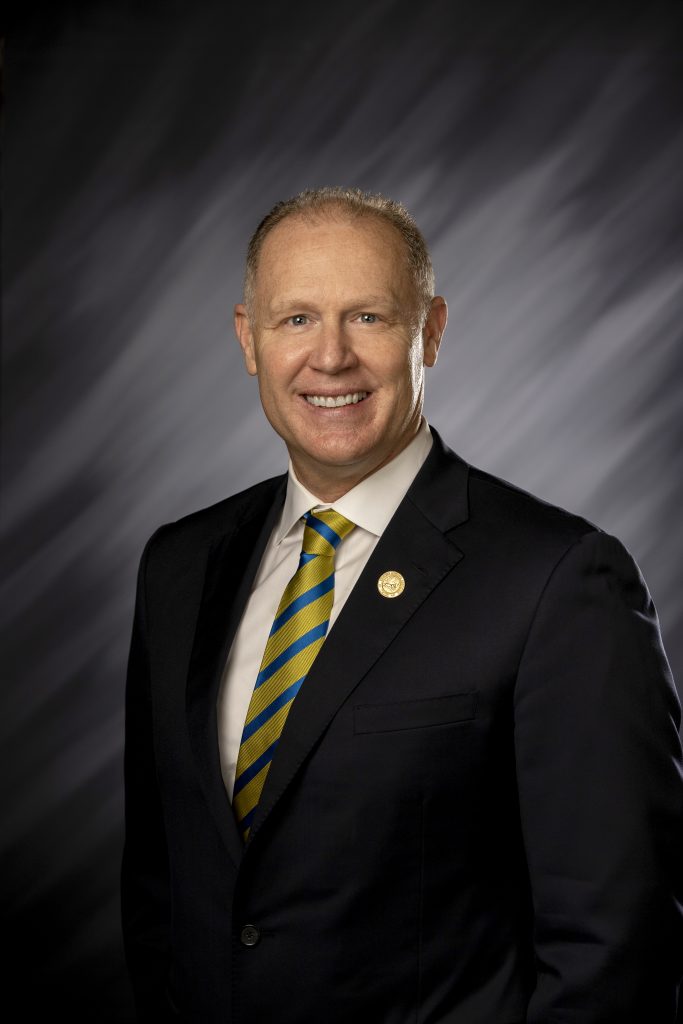
STATEHOUSE – In the first half of the 2022 legislative session, State Rep. Chris May (R-Bedford) voted to advance several key priorities, including a sweeping tax-cut package to help hardworking Hoosiers and businesses.

Now in the hands of the Indiana Senate, May supported what would be the largest tax cut in state history, putting over $1.3 billion back in Hoosiers’ pockets. The state’s budget reserves are expected to hit a record $5 billion at the end of the fiscal year 2022, which is $3 billion more than expected.
“Hoosiers have endured a lot in the past couple years and Indiana’s economy has made an incredible bounce back,” May said. “We’re in a place now where we can responsibly provide tax relief while continuing to keep our debts low and invest in the future.”
May said House Bill 1002 would deliver direct relief to working Hoosiers by reducing the individual income tax from 3.23 to 3%. To encourage new investments, this legislation would also lower the business personal property tax while ensuring homeowners and schools aren’t negatively impacted. In addition, the bill would lower Hoosiers’ utility bills by repealing the 1.4% Utility Receipts Tax.
To reduce jail overcrowding, May co-authored House Bill 1004 to allow judges to send Level 6 felony offenders to the Indiana Department of Correction instead of county jails. The state often offers greater access to mental health and addiction treatment services.
“We have many low-level offenders who would benefit more from mental health and addiction treatment,” May said. “Transitioning them to DOC facilities would get them the resources they need to get their lives back and help local law enforcement focus more attention on their community’s needs.”
May said a recent report shows nearly 75% of all felony criminal filings in Indiana are Level 6 felonies, with many of those substance-related, like drug possession or operating while intoxicated.
To alleviate the state’s ongoing nursing shortage, May supported House Bill 1003 to boost the health care workforce pipeline by providing flexibility to those seeking licensure. By 2031, Indiana will need 5,000 additional nurses and nursing programs will need to increase their graduating classes by 1,350 each year to meet this need. This is in addition to the current 4,300 nursing job openings statewide.
“Our nurses have been nothing short of heroes throughout this entire public health emergency,” May said. “Their efforts have proven how invaluable they are to our health care system. We need more Hoosiers to step into these essential roles, and this legislation would simplify the process for the training and licensing of nurses.”
May said there’s a lot of work left to do in the second half of session as the Indiana House of Representatives will consider Senate bills and the Senate will consider House bills. Watch session and committees, and view legislation at iga.in.gov.



